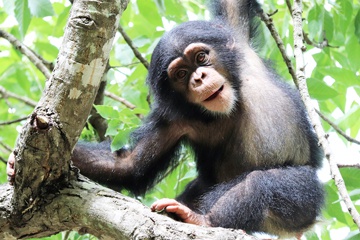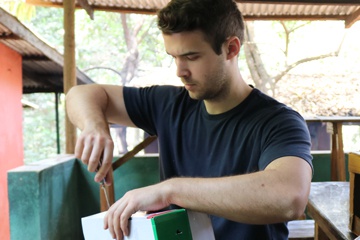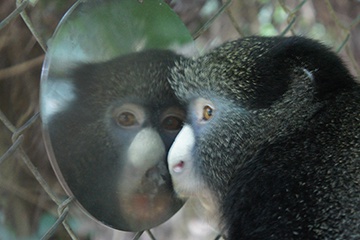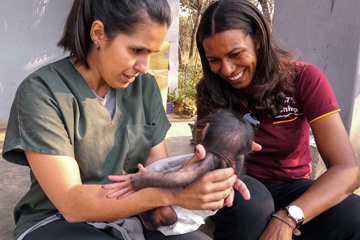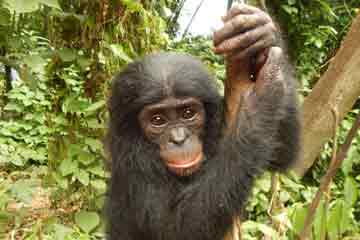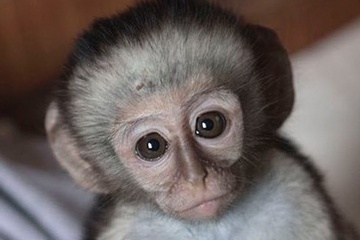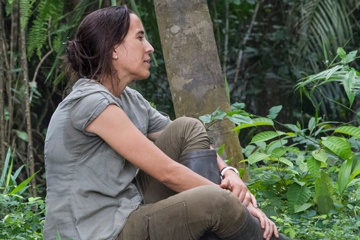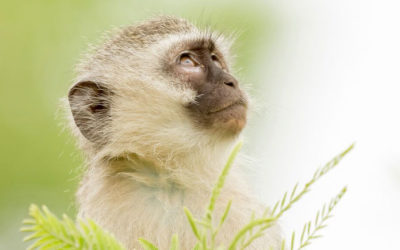New Study Shows the Impact of PASA Members on Primate Protection
PASA wildlife centers are making a difference through education, community development, animal rescue and long-term care.
By Natasha Tworoski
Across the continent of Africa, wildlife sanctuaries are working hard to better the lives of their native animals. From improving electrical lines to protect monkeys from accidental electrocution to educating communities about the misconceptions of traditional medicine using ape bones, the responsibilities of a sanctuary extend well beyond helping injured and orphaned animals. While each sanctuary faces unique trials, having a means to communicate and share knowledge of successes and challenges with one another can save each sanctuary effort and resources. This is where the Pan African Sanctuary Alliance (PASA) comes in.
Founded in 2000, PASA is a non-profit charity with 23 member sanctuaries across 13 African countries. While PASA’s members are very diverse, they share a main goal: to provide a safe and secure home for African primates in need. Joining the Alliance requires complying with an extensive list of requirements including organizational planning, a strong financial base, high standards of veterinary treatment and animal care, and conservation education programs.
PASA advocates for its member organizations, provides vital support, and works with them to raise awareness internationally about wildlife conservation and animal welfare. The combination of PASA’s global network and its member organizations’ local expertise and experience uniquely positions the Alliance to produce lasting changes to protect Africa’s great apes and monkeys.
In December 2016, PASA completed an extensive survey of its member wildlife centers. The results show that the centers conduct a wide range of education programs, community development projects, and other work to protect wild primate populations, in addition to rescuing animals from wildlife trafficking and the bushmeat trade and providing long-term care.
Since many of the countries that PASA members reside in are impoverished, providing job opportunities helps sanctuaries to integrate into the local communities. PASA members currently employ 700 African staff. By supplying stable, fairly waged positions and investing in training staff, over 3,000 animals have found a safe, secure place to call home at a PASA sanctuary.
The 22 wildlife centers’ education programs reach more than 500,000 people every year, and their sanctuaries host 153,000 visitors annually. Most of the centers have developed income-generating projects in neighboring communities and improve local agricultural practices, and many provide job skills training. These programs empower communities to break the cycle of poverty so they will no longer be compelled to illegally hunt primates or exploit protected land.
PASA’s members also protect wild primates more directly: most regularly send forest patrols into wildlife habitat, and members in seven countries have successfully worked with government agencies to establish new national parks and other protected areas.
This has all been accomplished in extremely challenging conditions. Fewer than 40% of PASA member organizations members have consistent access to the internet, fewer than 60% have consistent phone connections, and close to 20% lack reliable access to water.
The report on the census of PASA member organizations is available online (please click on “2016 PASA Census Report”).
To learn more and to support primate centers in Africa, please visit PASA’s website.
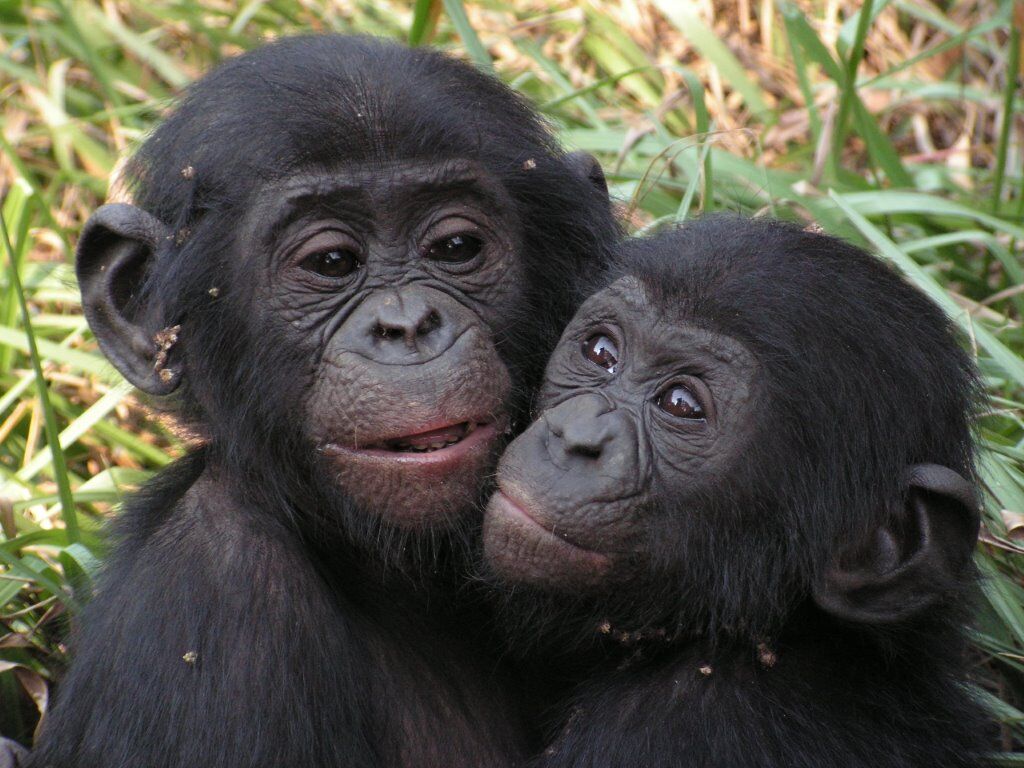
Two young bonobos at PASA member Lola ya Bonobo. Like many primates at PASA sanctuaries, they were rescued from the black market pet trade.
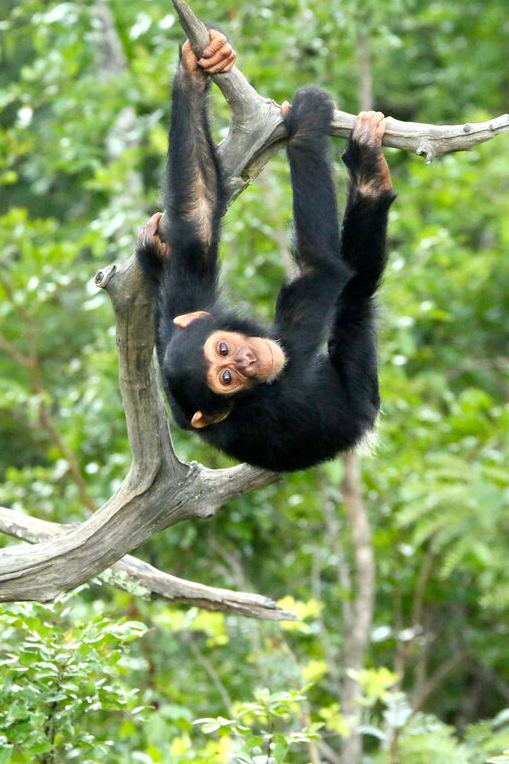
PASA member Chimfushi offers a safe haven to 120 chimpanzees.
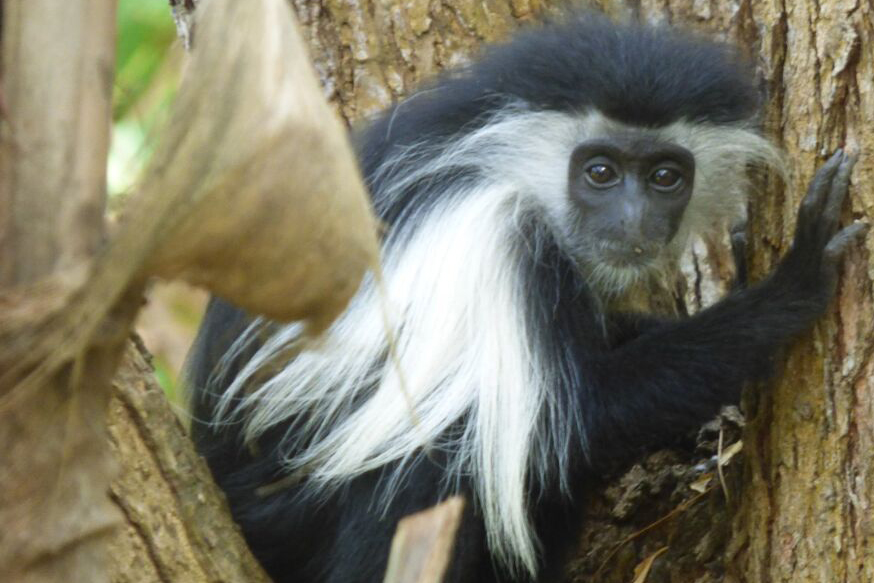
A young Angolan Colobus residing at Colobus Conservation in Kenya, a PASA member that rescues monkey species such as baboons, sykes and vervets.
Next Posts
Hope for Baby Tita
Poachers tried to take everything from Tita. Against all odds, she thrived.
Visiting Tacugama: An Unexpected Paradise
PASA volunteer, Matt Brunette, visits Tacugama Chimpanzee Sanctuary in Sierra Leone – and lives to tell the tale!
Bringing Out the Wild
How Caroline Griffis helps PASA’s primates maintain their natural behaviors despite their traumatic pasts.
Strengthening Our Community Through Collaboration
PASA’s annual Strategic Development Conference brings our alliance together to work on protecting Africa’s endangered and threatened primates.
A Reflection on Claudine Andre, a Hero for Bonobos – Part II
In 2002, Andre opened Lola ya Bonobo, “Paradise of the Bonobos,” located just outside Kinshasa.
A Reflection on Claudine Andre, a Hero for Bonobos – Part I
Her pioneering work showed that bonobos are extremely affectionate and highly dependent on physical contact to maintain close social bonds.
Pests: One Man’s Pest is Another Man’s Protected Species?
Exploring the conservation and management of “pest” species.
Building Leadership Across Africa’s Sanctuaries
How PASA’s Leadership Development Grant is changing the game for sanctuary staff.
PASA Sanctuary Director Receives Recognition from Jane Goodall
PASA member sanctuaries are led by incredible individuals, who are pioneers in their field.
Why Monkeys Don’t Belong in Your Living Room
Baby chimpanzees aren’t the only primates that are targeted in the pet trade.

